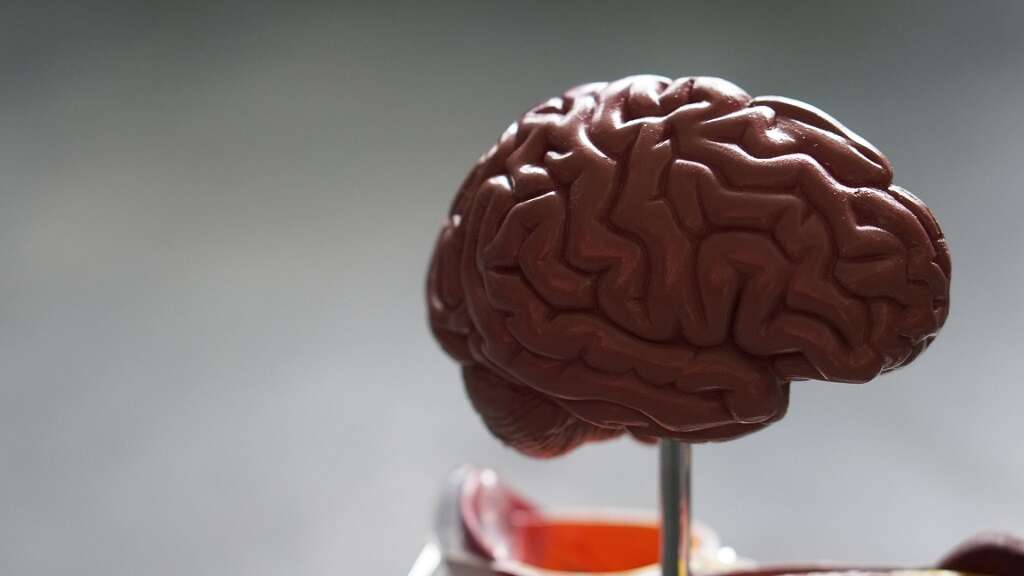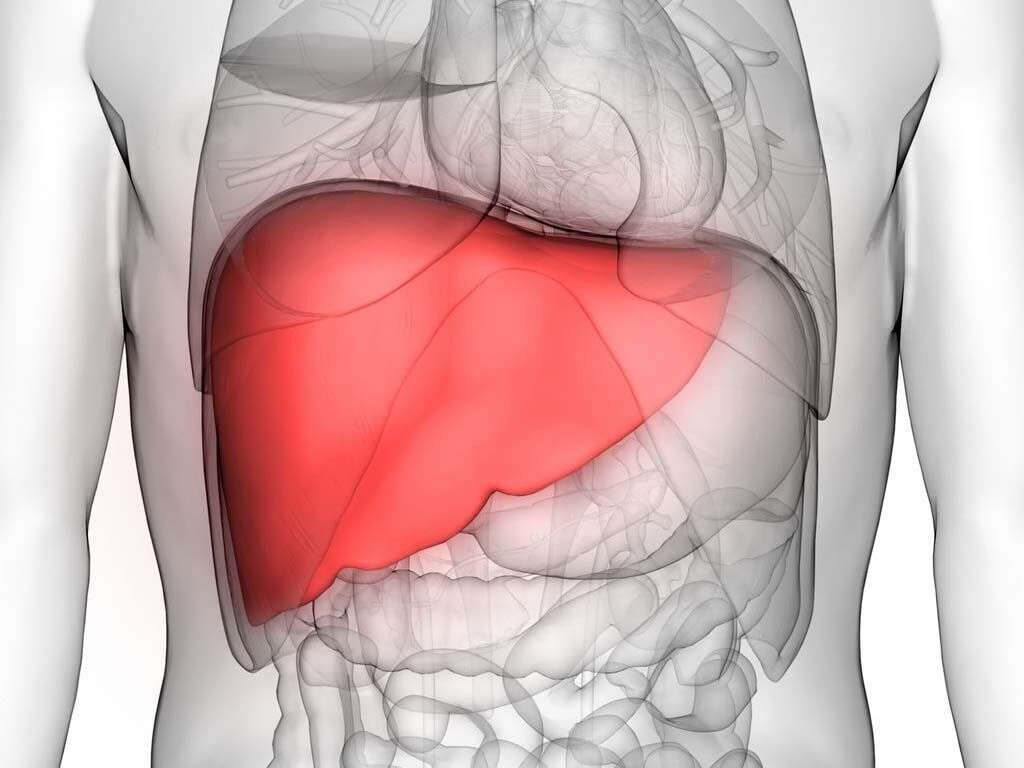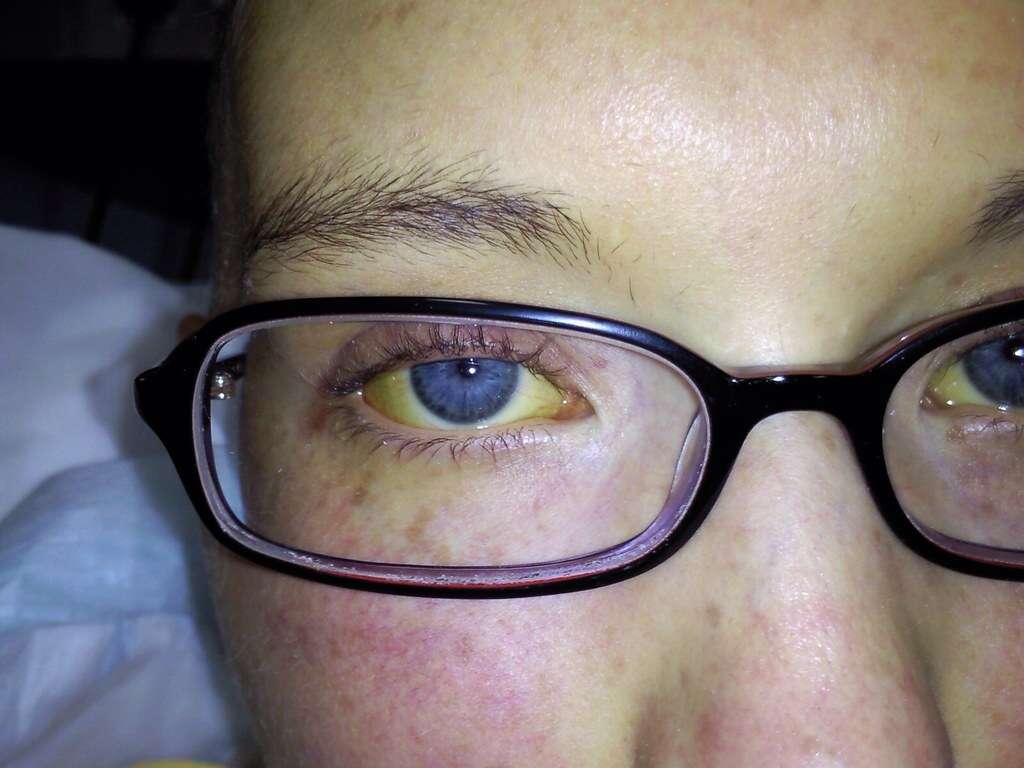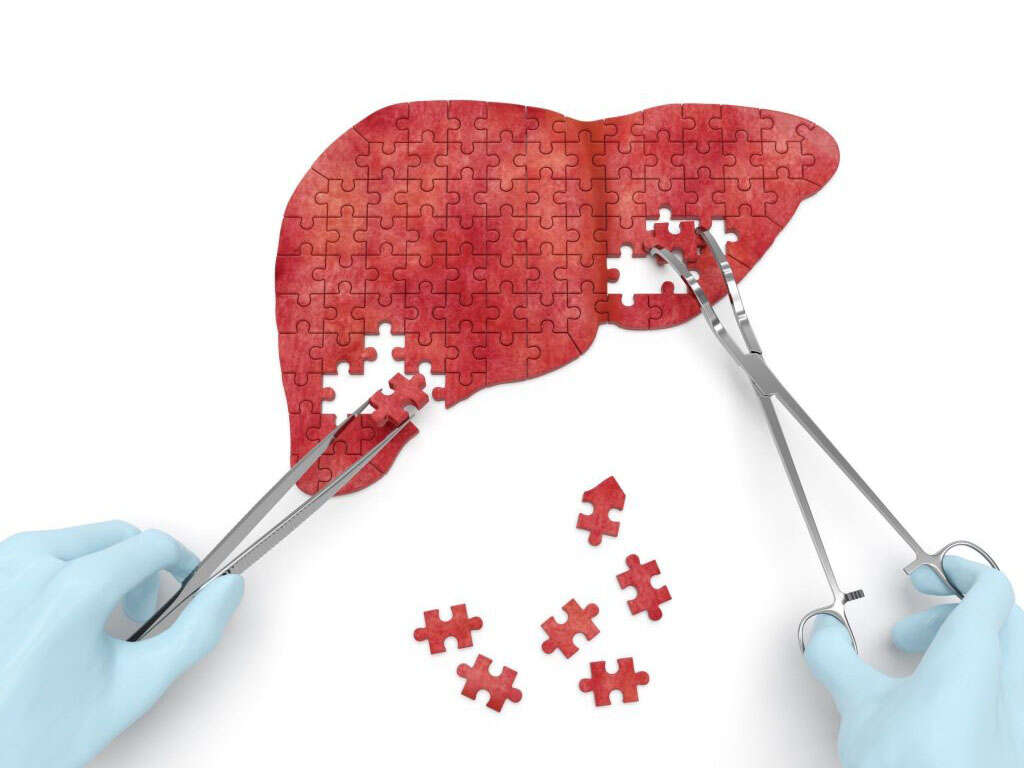10 Galactosemia Symptoms
 Article Sources
Article Sources
- 1. 'Galactosemia: MedlinePlus Genetics.' MedlinePlus, U.S. National Library of Medicine, 18 Aug. 2020, medlineplus.gov/genetics/condition/galactosemia/
- 2. 'Test ID: GCT Galactosemia Reflex, Blood.' GCT - Overview: Galactosemia Reflex, Blood, www.mayocliniclabs.com/test-catalog/Overview/84360
- 3. Claire McCarthy, MD. 'Newborn Jaundice: What Parents Need to Know.' Harvard Health, 4 Feb. 2021, www.health.harvard.edu/blog/newborn-jaundice-what-parents-need-to-know-2021020421886
- 4. D;, Stambolian. 'Galactose and Cataract.' Survey of Ophthalmology, U.S. National Library of Medicine, pubmed.ncbi.nlm.nih.gov/3043741/
Galactosemia is an inherited disorder that prevents infants from processing a type of sugar called galactose.1‘Galactosemia: MedlinePlus Genetics.’ MedlinePlus, U.S. National Library of Medicine, 18 Aug. 2020, medlineplus.gov/genetics/condition/galactosemia/ While it's manageable with medical care, galactosemia can pose a serious threat to infants if it advances to the later stages. It's important to notice key symptoms early so the condition can be addressed as quickly as possible.
In addition to the classic form of galactosemia, there are two less-common types that can have similar but less severe symptoms. Parents who suspect their infant may have galactosemia should see a doctorimmediately to discuss the next steps, as doctors commonly put infants with galactosemia on a low-galactose diet.
Failure to Thrive
Infants who fail to thrive grow and gain weight much more slowly than expected. When a baby isn't growing normally, it's commonly a sign that the infant isn't getting sufficient nutrition. Doctors typically look to identify the cause of the nutritional deficiency.2‘Test ID: GCT Galactosemia Reflex, Blood.’ GCT - Overview: Galactosemia Reflex, Blood, www.mayocliniclabs.com/test-catalog/Overview/84360 In the case of infants with galactosemia, the child isn't processing the galactose it consumes. As a result, galactose builds up in the blood.
This can be serious and have long-term consequences for the growing child, depending on the duration and cause of the symptom. Failure to thrive is sufficient reason for concerned parents to bring their infant to a specialist immediately.

Trouble Feeding
Infants with galactosemia may have trouble feeding, which can worsen a failure to thrive. They may refuse to nurse or have difficulty nursing, but either should concern a new parent. Regardless of the cause, trouble feeding should be an immediate red flag.
This is commonly one of the easiest symptoms of galactosemia for parents to spot. As with failure to thrive, parents whose infants have trouble feeding should speak with a specialist about potential causes and next steps.

Lethargy
As galactosemia affects a child's nutrition, it can cause a baby to have less energy. Parents may notice their child moving around less, sleeping more, and generally exhibiting signs of tiredness.
While it's common for babies to spend much of their time sleeping, parents should watch their infant carefully if they seem tired throughout their waking hours as well. Excessive lethargy may be a warning sign of galactosemia, and in combination with other symptoms can be a reason to see a doctor.

Jaundice
Jaundice, which presents as yellowing of the skin and whites of the eyes, is a common sign that the liver may not be functioning properly and may mean an infant has serious liver problems.
It can be a sign that galactosemia has progressed and is starting to affect the liver. This can begin a much more serious series of symptoms, so it's worth discussing the causes of jaundice with a medical professional.

Liver Damage
Jaundice is a common sign that the liver may not be functioning properly, and may mean an infant has more serious liver damage. Galactosemia may cause this type of damage as it progresses.
Any kind of liver damage is serious, especially in infants. Babies have vulnerable immune systems that can be further weakened if their liver isn't functioning at full capacity. If parents suspect that their child may have liver damage, they should see a specialist right away.

Bacterial Infections
The nutritional deficiency and liver damage that galactosemia may cause can make children more vulnerable to bacterial infections. If an infant experiences bacterial infections, it may be because the immune system has been weakened by galactosemia.
When a child's immune system is weakened, bacterial infections can be much more serious than they otherwise would be. In addition to addressing the bacterial infection, a specialist can check to see if galactosemia is an underlying cause that needs to be addressed as well.

Cataracts
Parents who suspect that their child has galactosemia may notice a cloudiness beginning to form over one or both of their child's eyes. These are commonly referred to as cataracts, and although they may appear serious, the progression of cataracts can be reversed if caught early on.4D;, Stambolian. ‘Galactose and Cataract.’ Survey of Ophthalmology, U.S. National Library of Medicine, pubmed.ncbi.nlm.nih.gov/3043741/
Because cataracts are very noticeable, it can be easy to identify them before they become a serious problem. Early detection is key, and parents should speak with a doctor to confirm whether cataracts are forming.

Delayed Speech Development
If galactosemia isn't addressed quickly, parents may discover that their child has delayed speech development. The nutritional deficiency caused by galactosemia can result in serious delays in speech development.
This can be a more ambiguous and delayed sign than other symptoms, but parents should know that the root cause can be galactosemia. If regular speech therapy doesn't help, parents should look at other symptoms that along with delayed speech development can signal that galactosemia is a cause.

Intellectual Disability
In addition to speech delays, galactosemia can cause intellectual disabilities in children. This is clearly a serious symptom that should be addressed right away. Fortunately, galactosemia is more easily managed than some other possible causes of intellectual disabilities.
Of course, intellectual disabilities can have many potential causes. Parents can look for additional symptoms of galactosemia before asking about it as a potential cause. If other symptoms are present, a qualified specialist should be consulted to determine if a child has galactosemia.

Early Reproductive Issues
Galactosemia can cause a number of developmental issues in children, and in girls, this can extend to the reproductive system. Girls with undiagnosed galactosemia may lose the function of their ovaries.
While this isn't a noticeable symptom of galactosemia, it's a possible outcome that parents should be aware of. Galactosemia can have serious consequences, such as future reproductive difficulties. To prevent this, parents of an infant girl with suspected galactosemia should consult a specialist for a diagnosis and their options for managing the condition.











